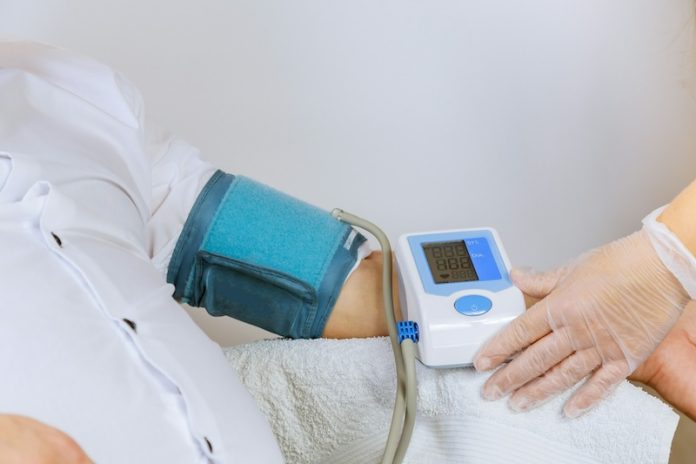
Scientists from Brigham and Women’s Hospital have discovered that a hormone called aldosterone plays a bigger role in high blood pressure than previously thought. Their study suggests that many cases of high blood pressure may be caused by excess levels of this hormone, even though it often goes unnoticed.
High blood pressure, or hypertension, affects more than 1.5 billion people worldwide and is a major cause of heart disease and stroke. One known cause of high blood pressure is a condition called primary aldosteronism.
This occurs when the adrenal glands, which sit on top of the kidneys, produce too much aldosterone. This hormone helps control salt and water balance in the body, but when there is too much of it, blood pressure can rise and lead to serious heart problems.
Until now, primary aldosteronism was considered a rare condition. However, this study suggests it is much more common than doctors previously believed.
The researchers examined people with different levels of blood pressure—some with normal readings, others with mild high blood pressure, and some with severe or difficult-to-treat hypertension. They found that as blood pressure increased, so did the levels of aldosterone. This means there is a direct link between this hormone and the severity of high blood pressure.
More importantly, most of the people with high aldosterone levels would not have been diagnosed using the current medical guidelines. This suggests that many people with high blood pressure may have undetected primary aldosteronism, and their condition may not be treated correctly.
The researchers believe it is time to stop thinking of primary aldosteronism as a rare disease and instead recognize it as a common condition that exists in many people with high blood pressure. If doctors start screening for excess aldosterone more often, they may be able to find a treatable cause of hypertension in many patients.
Fortunately, medications that block the harmful effects of aldosterone are already available. These drugs, called aldosterone blockers, are affordable and widely used.
The findings from this study suggest that more people with high blood pressure might benefit from taking these medications, which could help lower their risk of heart disease and stroke.
The study, led by Dr. Jenifer M. Brown, was published in the Annals of Internal Medicine. These findings could lead to new approaches in diagnosing and treating high blood pressure, potentially improving the health of millions of people worldwide.
If you care about high blood pressure, please read studies that early time-restricted eating could help improve blood pressure, and natural coconut sugar could help reduce blood pressure and artery stiffness.
For more health information, please see recent studies about added sugar in your diet linked to higher blood pressure, and results showing vitamin D could improve blood pressure in people with diabetes.
Copyright © 2025 Knowridge Science Report. All rights reserved.



